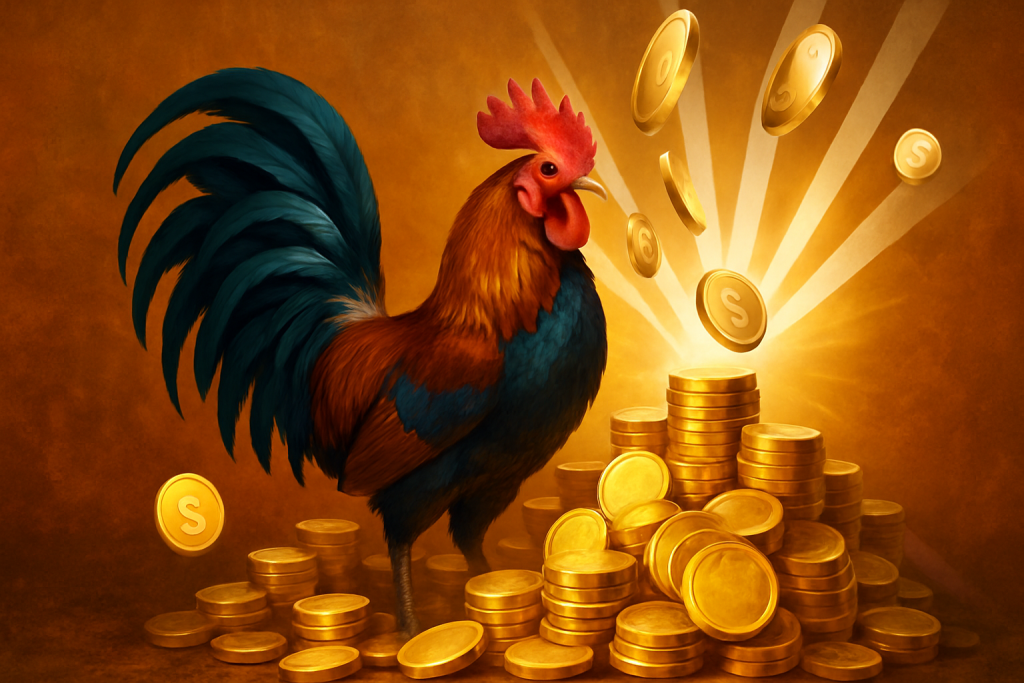
The role of a handler in Đá gà thomo matches goes far beyond simply caring for the rooster. These individuals are the backbone of every successful fight responsible for training strategy and the well-being of their birds.
First and foremost a great handler must understand rooster behavior. Each bird has a unique temperament and fighting style. Some are aggressive while others rely on defense and timing. By observing patterns and reactions handlers can tailor their training methods to suit the rooster’s natural instincts.
Training techniques vary widely but all revolve around physical conditioning. Handlers use light sparring obstacle courses and short runs to develop stamina agility and strength. Timing is key as overtraining can exhaust the bird before match day.
Feeding routines also demand expertise. High-protein diets combined with natural herbs and vitamins ensure roosters grow strong and heal quickly from minor injuries. Water intake is carefully measured especially on match day to maintain peak hydration and energy.
A handler’s timing during the match is crucial. Quick decisions like when to call for a break or how to apply minor treatments between rounds can mean the difference between winning and losing. The handler must remain calm and focused even when tension is high.
Mental conditioning is another area of expertise. Roosters must learn to stay focused despite loud crowds or unexpected movements. Trainers expose them to noise and activity to simulate match-day conditions. This reduces fear and increases confidence under pressure.
Handlers are also students of history. They study past matches techniques and famous rivalries. Watching recorded matches on https://dagatructiep247.tv/ gives insights into trends opponent strategies and potential weaknesses to exploit.
Finally respect and care for the rooster are non-negotiable. Handlers who bond with their birds build trust which translates into better performance in the ring. A mistreated rooster will never fight with the same heart as one raised with skill and compassion.
In conclusion a successful handler is a blend of coach caretaker strategist and student. Their work is often invisible but their impact is undeniable in every hard-fought victory seen in the Thomo arenas.
